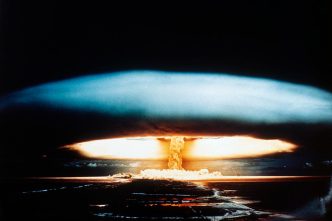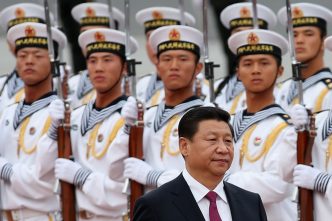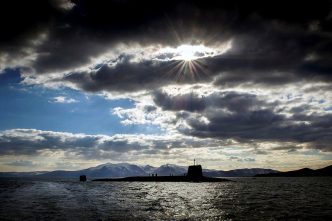Australia needs urgently to improve its understanding of deterrence so that it can build an effective strategy to respond to future provocation and malicious behaviour by aggressive actors. Despite having previously been a global thought …
Nuclear deterrence, with its inherent risk of annihilation, cannot remain the bedrock of international security. Nuclear states, particularly great powers, can and should work on new conventional strategic options that can effectively deter aggression without …
Preparations are already underway at the United Nations for the 2026 Review Conference of the Parties to the Treaty on the Non-Proliferation of Nuclear Weapons (NPT), which was originally signed in 1968. Many expect a …
The state of deterrence against China in the Indo-Pacific is constantly adapting to the evolving threat Beijing poses to the United States and its allies on multiple fronts. But a growing number of US military …
Britain’s Royal Navy has advertised for a suitably experienced individual to fill the role of its director of submarines, a rear admiral who acts as the senior, professional head of its submarine arm. The position …






